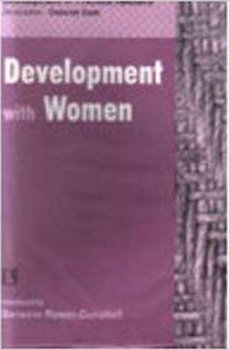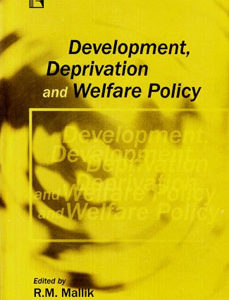Description
Many practitioners and thinkers have tried to make women ?matter? in development. However, women-focused approaches have often sought to address women?s needs outside the wider social contexts in which they live. As a result, they have been perhaps more damaging than earlier ?gender-blind? efforts which simply ignored women?s specific concerns. Dorienne Rowan-Campbell introduces papers on issues such as ?mainstreaming? versus specialisation, methodologies for incorporating gender analysis into planning and evaluation, the limitations of gender training, the unintended impacts of women-focused credit programmes, and how institutional policies to promote gender equity are often tacitly undermined by patriarchal interests. Papers are drawn from South Asia, Latin America, and sub-Saharan Africa.






